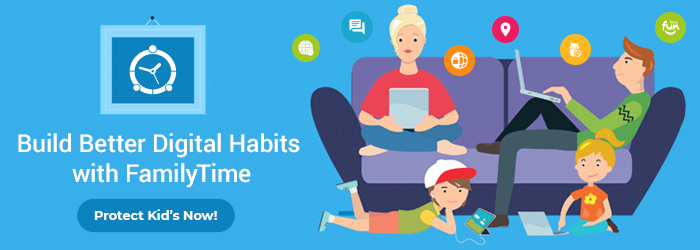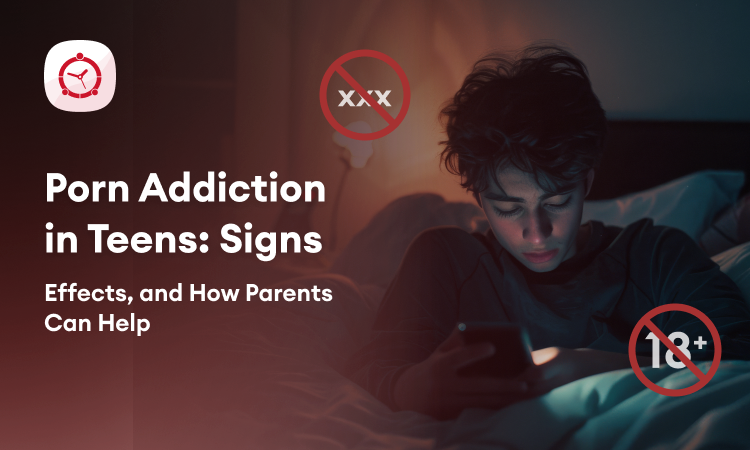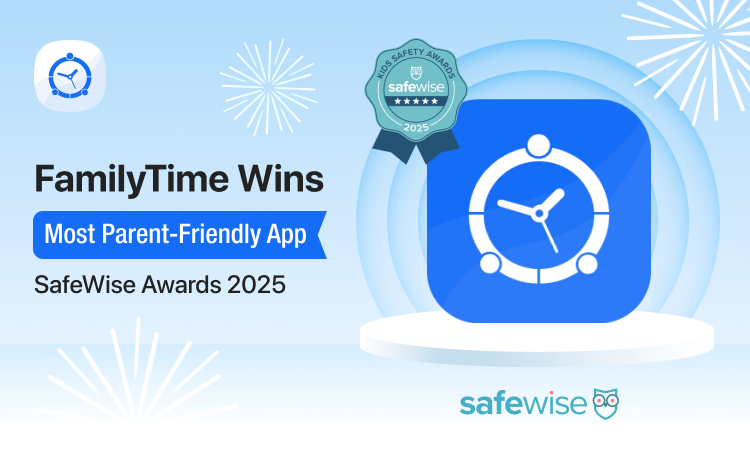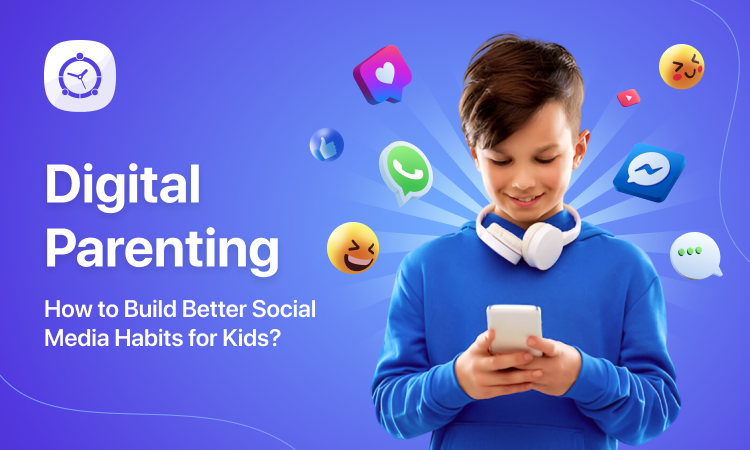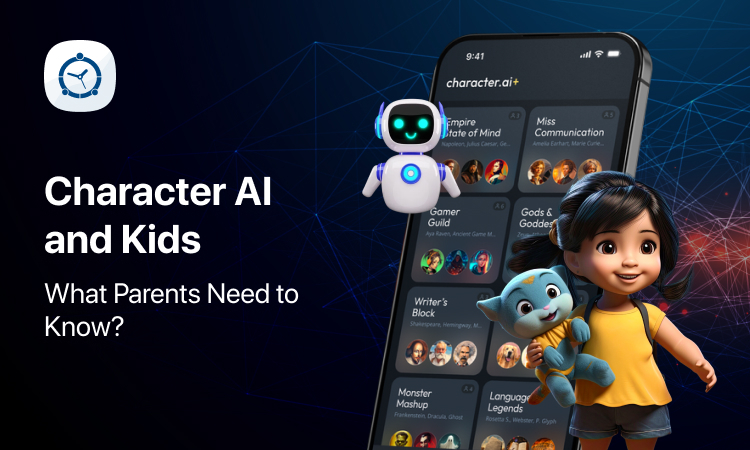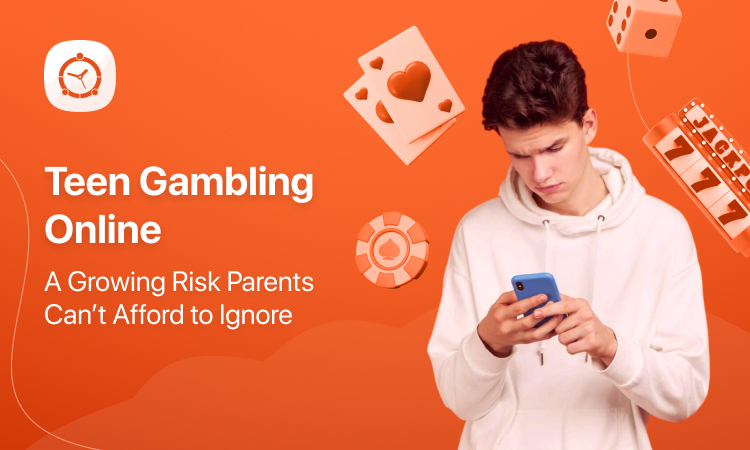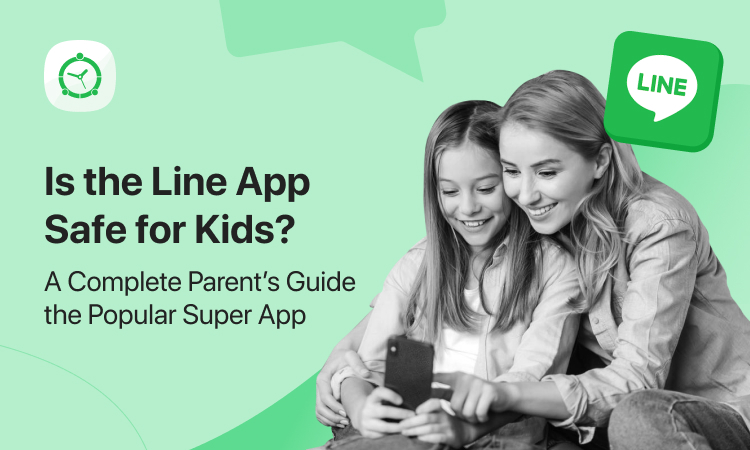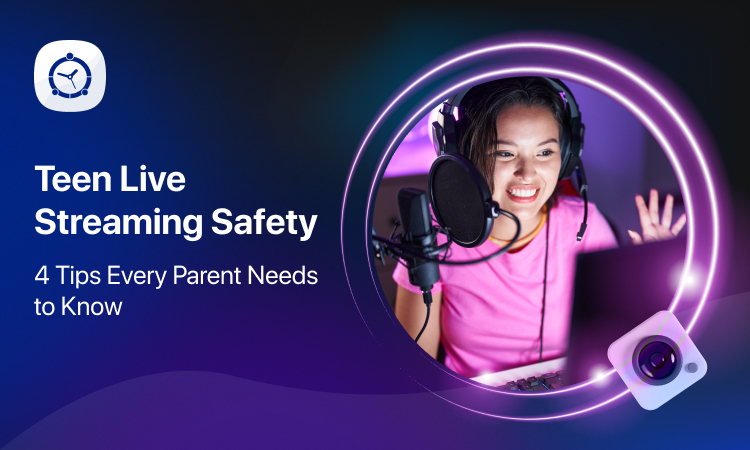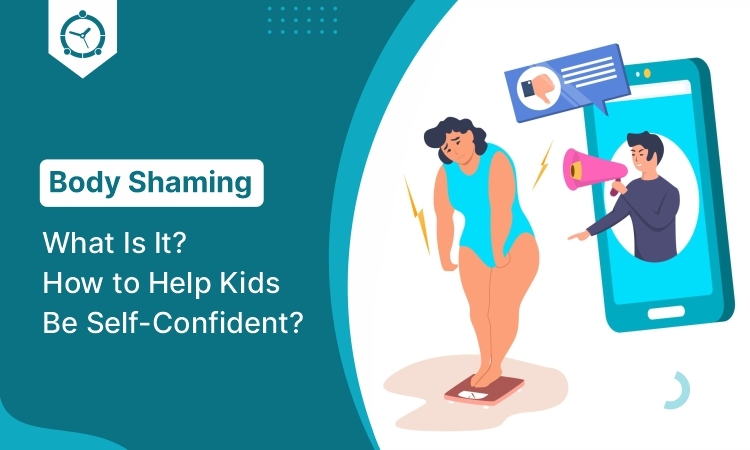
Kids who use social media apps begin to worry about their body image. The fear of body shaming or fat shaming is no joke. Kids and teens (who are even slightly chubby) begin to judge themselves on false beauty standards set by the shallow world. They lose confidence in themselves and start thinking they aren’t pretty, tall, or slender/muscular enough to be liked by others.
That is the beginning of a troublesome journey because kids develop an unhealthy desire to look perfect and develop insecurities about their appearance. They go on crash diets, which may lead to eating disorders such as anorexia. All this stress is unhealthy for kids’ proper development. But what exactly is body shaming? Let’s unravel this revolting notion.
What is Body Shaming?
Body shaming is when others criticize you based on your appearance. It can be your skin color, weight, height, or literally any body part. The worst thing is that it typically happens in a public place or online where others could see it, and others feel encouraged to give their opinions. It hurts even more if the person criticizing you is someone from family or friends. Feeling judged and not being liked is the worst nightmare for everyone, but it is especially heart-wrenching for young kids.
The Ramifications of Body Shaming on Kids
When kids get judged based on appearance, and people bully them, what signals does that send to their brains? They become insecure, underconfident, shallow, and materialistic individuals unless they learn to love themselves and accept their persona. Here are some of the most common negative influences of body shaming that kids experience.
Body/Fat Shaming & Cyberbullying
Society is increasingly becoming shallow and materialistic. Unfortunately, social media, celebrities, the internet, and bullies are at the center of it all. Kids are fragile. They need a loving and caring environment to flourish. When they are constantly judged for their looks and get cyberbullied, they struggle both physically and mentally.
Depression, Anxiety & Risk of Developing Eating Disorders
Body shaming leaves kids and teens at risk of developing eating disorders, depression, social anxiety, and suicidal ideation. It is disconcerting to witness the shallow people of the world define beauty standards. Very few people care about personality, and even fewer work hard to teach better manners to their kids.
Rising Materialism in Kids & Teens
We see celebrities and influencers:
- Following crash diets to cut down body weight,
- Using filters to look pretty,
- Photoshoping pictures to hide their flaws,
- Giving make-up tutorials with products of expensive brands,
- Model trendy outfits from top-tier clothing lines, etc.
All these things promote materialism. It brainwashes young kids and makes them do everything possible to achieve that lifestyle. Ultimately, people promote such an unhealthy mindset through social media platforms, inadvertently, or otherwise. So, what can parents do to raise self-confident and self-loving kids? Let’s find out.
How to Help Kids Be Self-Confident?
Raising confident kids who do not care about how others feel about their appearance might seem challenging, but it is not impossible. The key is to teach the kids that nobody is perfect. Everyone has flaws and we must accept people as they are, not judge them by their looks. Inner beauty must matter more than what is on the outside.
1 – Teach Self-Acceptance
Educate your kids about fake body standards. Let them know they are perfect the way they are and shouldn’t follow such beauty standards set by the world. Avoid using things that hint at body shaming. For instance, you must not yell at your kids for eating too many chips or put them on the spot by saying they overeat.
2 – Never criticize your kids’ looks/appearance
Parents must support their kids and protect them from the cruel world. More often than not, kids want someone who would listen to their issues, and having a person in their corner calms them. If parents themselves start criticizing how their kids look, imagine how much it would hurt them. Even if your kids need to give up unhealthy eating habits, it does not mean that parents must resort to body shaming so kids would stop.
3 – Build Better Habits/Adopt A Healthier Lifestyle with FamilyTime
The best course of action parents can take is to help their kids develop healthier lifestyles. Since most kids tend to eat unhealthy snacks while interacting with screens, you can start there. FamilyTime parental control app enables parents to devise a better and healthier daily schedule.
It offers a Screen Time Schedule feature that allows parents to set up timings for various activities, such as homework, house chores, dinner time, bedtime, etc. During those hours, kids would not be able to use their screens. That way, parents can also get kids to play outside or do something fun indoors. If parents keep kids busy and active, they would sleep on time.
FamilyTime also offers other incredible features like YouTube Monitoring, TikTok Monitoring, Web History, Internet Filter, App Blocker, Screen Time Limit, and much more. All these features can help parents protect their kids against exposure to inappropriate content and issues like cyberbullying. So, are you ready to help your kids?

